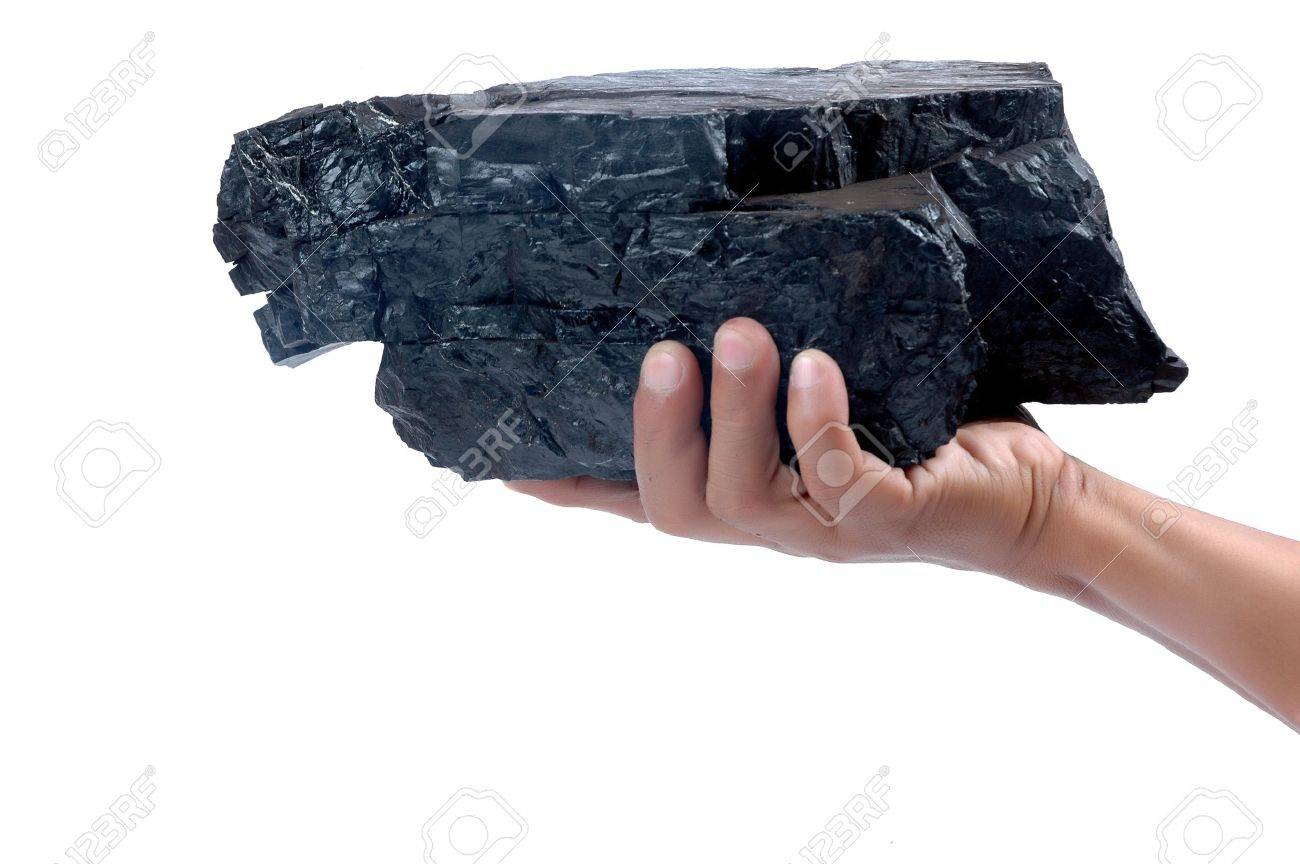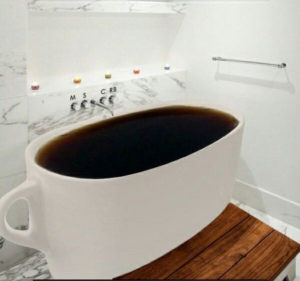Beitza 32b (2)
1- BBQing in the times of the Mishnah: When roasting fish, one would place something between the grate and the fish to prevent the fish from getting burned.

Our Mishnah prohibits the breaking of a piece of earthenware (shard) or cutting a piece of water soaked paper on Yom Tov to place between the fish and the charcoals.

The Gemara states the reason for this is because it violates the prohibition against ‘fixing a utensil’.
Cutting the piece of paper to fit under the fish is based on the Melachah of מכה בפטיש.
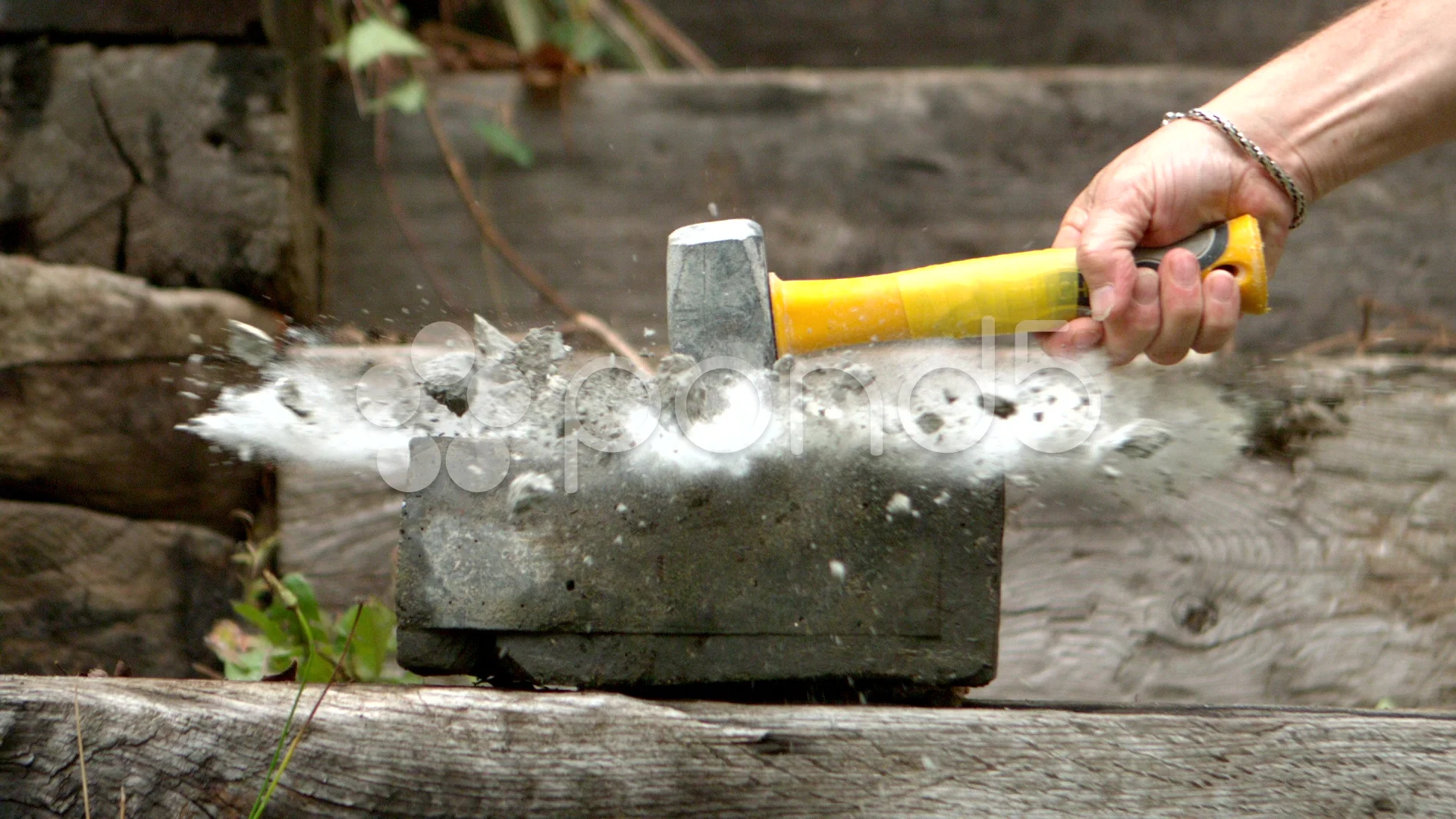
An excellent example of fixing a utensil with a hammer.
Our discussion was the reason the Gemara does not cite a more obvious issue: Cutting paper, קורע or חותך itself is something that is prohibited, so why not cite this Melachah.

2- As an introduction to this topic we studied the list of the 39 Melachos:
Sowing, Plowing, Reaping, Binding Sheaves, Threshing, Winnowing, Selecting, Grinding, Sifting, Kneading, Baking.
Shearing Wool, Cleaning, Combing, Dyeing, Spinning, Stretching the Threads, Making Loops, Weaving, Separating the Threads, Tying a Knot, Untying a Knot, Sewing, Tearing.
Trapping,Slaughtering, Skinning, Tanning, Smoothing, Ruling Lines, Cutting, Writing, Erasing, Building, Breaking Down, Extinguishing a Fire, Kindling a Fire, Striking the Final Hammer Blow, Carrying.
What is the difference between ‘tearing’ and ‘cutting’?
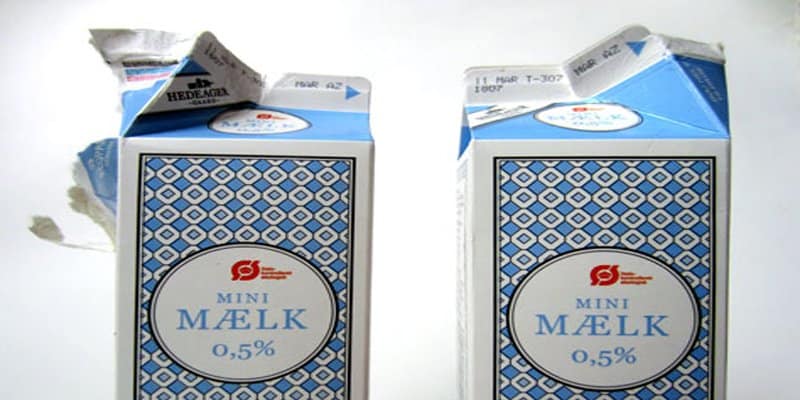
Please select one of the above: which one was opened correctly?
3- We spoke about the Alter Rebbe’s (340 17) definition, explanation and ruling on the מלאכות of קורע and חותך.
כשקורע ומפריד גופים רבים שנתחברו, כגון בגד ארוג וכו’,

קורע – is when one detaches or separates two or more items that were once separate and united into one. Such as pulling part a sweater. The threads were separate and then knitted to create a sweater. Opening the glued flaps of a cereal box. Opening a bag of potato chips where it is sealed ‘Tearing apart’.

חותך – is when one tears or rips an item that was always one piece. Such as a piece of paper. A swatch of leather that covers a jug. ‘Cutting’.
[ We suggested an easy way to remember the definition of these two מלאכות.
קורע is like קריאת התורה….. Where some years a few פרשיות are joined together and sometimes are separate….]
These are two distinct מלאכות, each with different parameters which we will discuss IY”H next week.
We had a heated debate about the cutting a piece of paper towel on Shabbos or Yom Tov. To be continued.
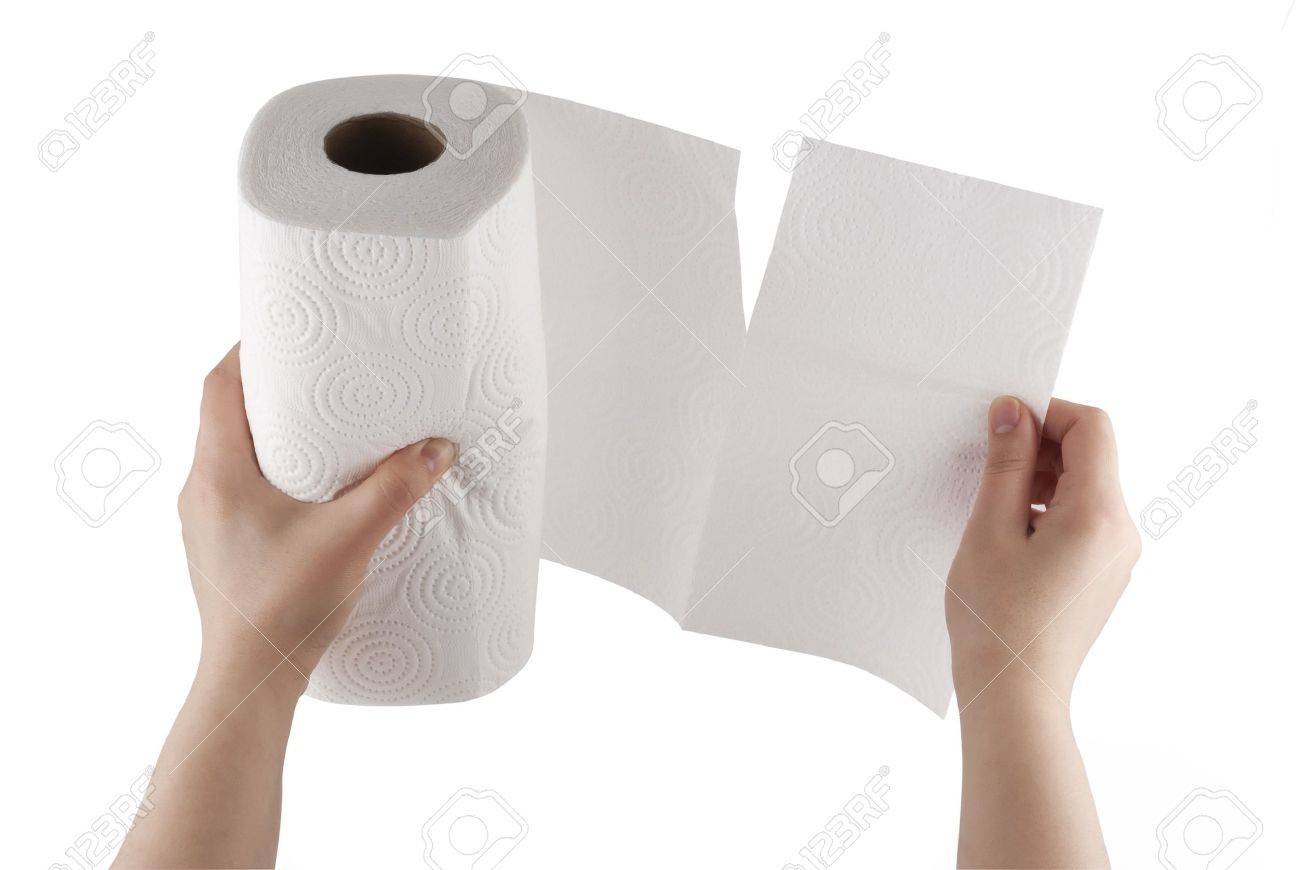
4- The Mishna and the Gemara discuss the issue of building on Yom Tov as it pertains to cooking. Such as assembling two pots side by side and then placing a third on top of there two. Another example offered, as explained by Rashi, is placing eggs on a tripod that hovers over a fire.

We tried to figure out the meaning of this.
5- The Gemara suggests the proper way of setting up a bed, canopy, etc. First by holding up in the air the mattress and then setting up the bed frame and only then lowering the mattress on the frame. This is done in order to avoid the מלאכה of בונה ומאהיל.

First, place the mattress, floating in thin air….
We discussed opening a folding table on Shabbos and/or Yom Tov.
6- Mentioned the interesting Tosfos in Shabbos (95,a. VeHarode) that asks a simple question. The Gemara there discusses the prohibition of מגבן– one who presses together curds of milk to form cheese. On Shabbos it is prohibited because it is like בונה. Meaning that on Yom Tov it would be allowed.
So now we have a type of בונה that would be permitted on Yom Tov – cheese making. Based on the rule of מתוך , a person whose home was destroyed on Yom Tov should be allowed to literally rebuild it if he can manage to eat there on Yom Tov!
[If it fell before Yom Tov and he was able to rebuild before Yom Tov then he would not be allowed].
Tosfos concludes that… Min Hatorah one could…
7- We mentioned the Avnei Nezer – (OC 412) who asks, based on the above, why are we not allowed to ‘build the Beis Hamikdash on Yom Tov’? By finishing the construction we may then bring certain קרבנות and that are we are only allowed to be מקריב on Yom Tov, (or for the שתי הלחם)?





